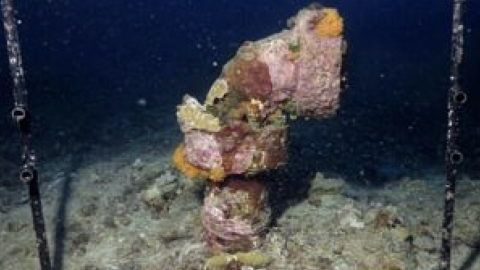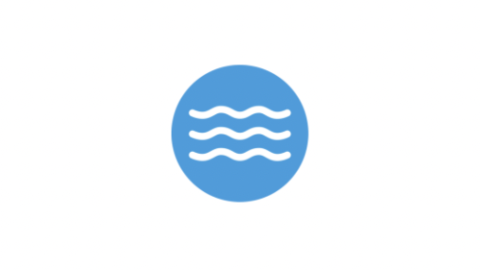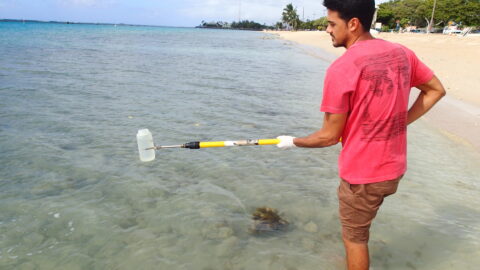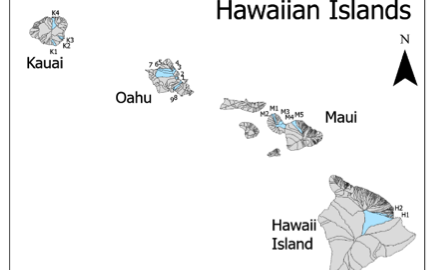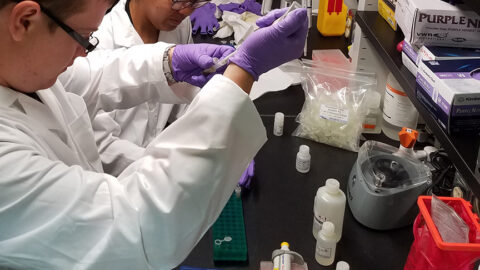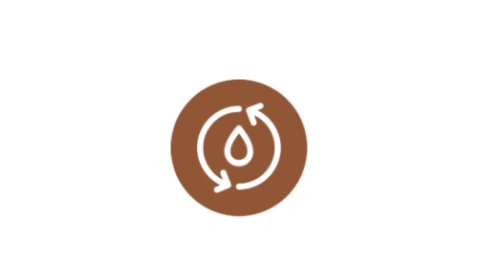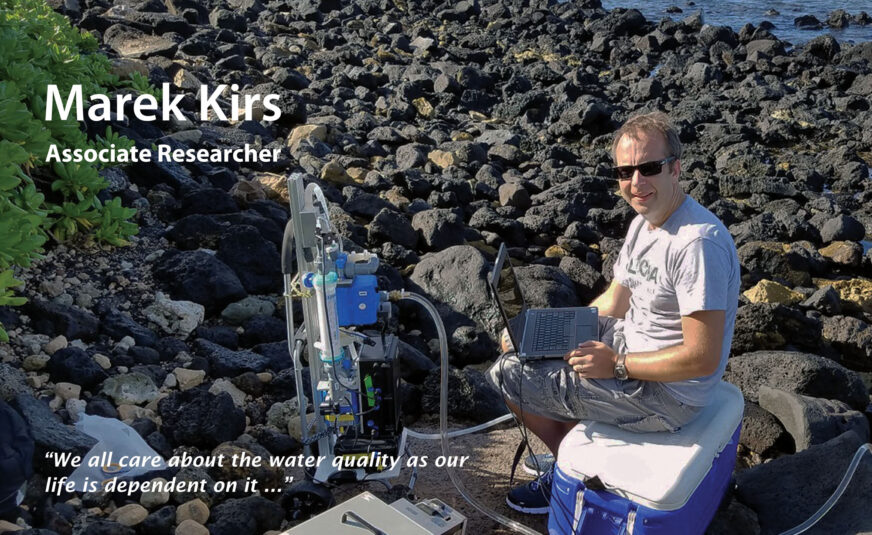
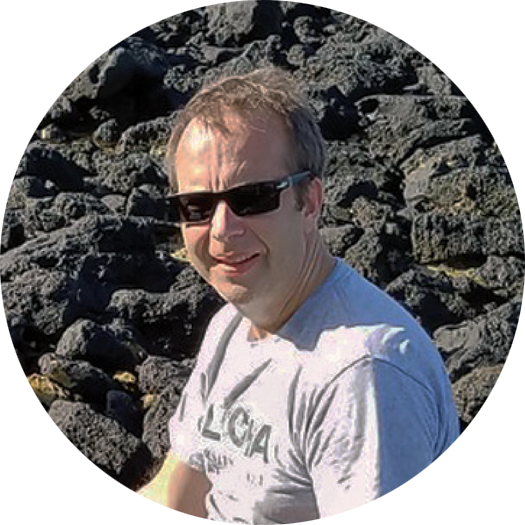
Marek Kirs
_____________________________________________________________
We all care about the water quality as our life is dependent on it…
We all care about the water quality as our life is dependent on it—we drink water every day and enjoy the beach when the weather and microbial levels permit. My fascination with water environments and essentially all forms of life started as a freshman in high school. Although I didn’t truly know what the difference between macroalgae and macrophytes was at that time—the underwater world was just overwhelmingly beautiful. I felt the need to protect and share it. That was the beginning of a long and fulfilling academic journey, with some great mentors, into the fascinating realm of microbes. My current research is expansive, from groundwater to surface water environments, with an overarching goal to improve our water quality management programs and public health outcomes in Hawaii and other tropical environments
EDUCATION
- BS, Tartu University (Estonia)
- MS, University of Edinburgh (UK)
- PhD, University of Rhode Island
AREAS OF EXPERTISE
- Water quality standards
- Microbial source tracking
- Microbiological methods
CURRENT PROJECTS
- Fecal indicators and associated health risk in Hawaii’s recreational waters: A quantitative microbial risk assessment study
- Fecal Indicators and their associated health risk in American Samoa’s watersheds
- Microbiological water quality of Oahu beaches
